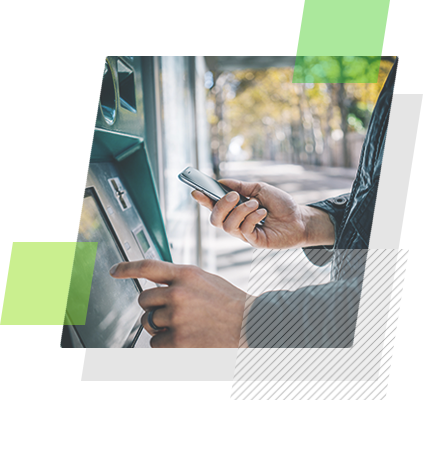Bill Pay
"Bill pay" refers to a service offered by banks, credit unions, and other financial institutions that allows account holders to pay their bills electronically through their institution’s website or mobile app.
Electronic Payments:
Bill pay enables customers and members to pay bills electronically rather than writing and mailing paper checks.
Convenience:
It provides a convenient way for customers and members to manage and schedule payments for various bills (such as utilities, credit cards, loans, etc.) from one central location.
Automated Payments:
Account holders can set up recurring payments for bills that occur regularly, ensuring bills are paid on time automatically.
Time Savings:
Electronic bill pay saves time compared to traditional methods of bill payment, as account holders can initiate payments quickly without having to write paper checks or visit multiple websites.
Record Keeping:
Banks and credit unions typically maintain a record of bills paid through their bill pay service, providing customers and members with a history of transactions and proof of payment.
Security:
Bill pay services are secure, utilizing encryption and other security measures to protect customer information and transactions.
Overall, bill pay simplifies the process of managing and paying bills, offering convenience, efficiency, and security to account holders. NXT, Alogent’s digital consumer and business banking platform, offers a robust set of pre-built integrates to hundreds of third-party applications to offer a full digital ecosystem of capabilities. Learn more.














